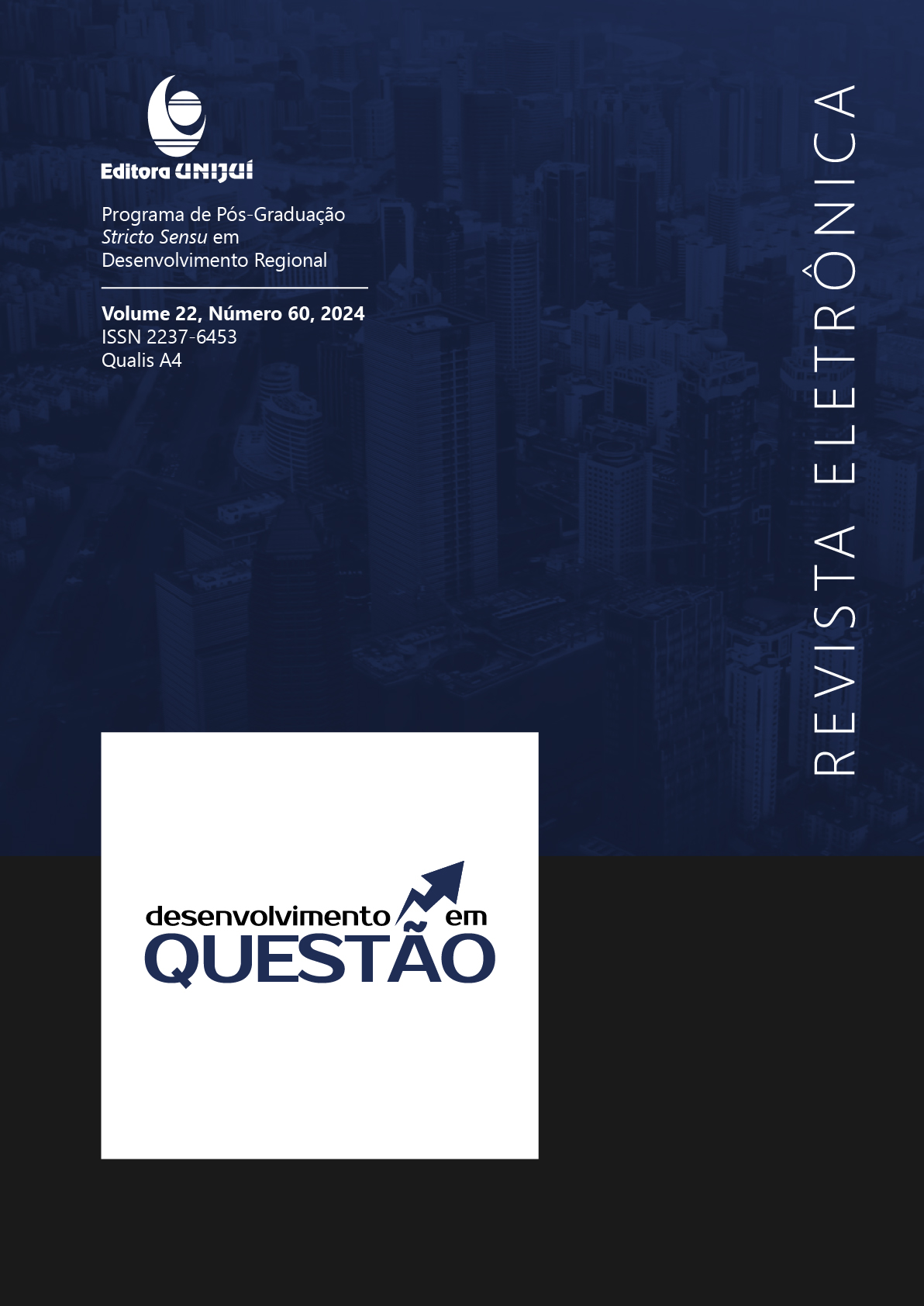Design and social acceleration: unfolding in time and rhythm
DOI:
https://doi.org/10.21527/2237-6453.2024.60.15178Keywords:
Time, Rhythm, Design, Social AccelerationAbstract
The society that has been created in recent decades and its urban dynamics can be characterized by a constant process of acceleration, which many attribute to modernity. With this background scenario, this article explores the complex intersection between time, rhythm and design in contemporary society, analyzed in light of the Social Acceleration Theory proposed by Rosa (2019). It was observed how these concepts intertwine and manifest themselves in three contemporary approaches to design interpretation, as discussed by Pschetz and Bastian (2018), Fuad-Luke (2008) and Manzini and Jegou (2006). By inserting this area into this discussion, we can not only look at the transformations of recent decades, but also a call to reflect on the paths to be taken in the future. In conclusion, the importance of rethinking the pace of design was addressed, exploring possible innovations that promote a slowdown and contribute to a more sustainable and balanced lifestyle, without compromising the relevance and impact of the field.
References
CREMA, R.; LELOUP, J.; WEIL, P. Normose – a patologia da normalidade. São Paulo: Editora Vozes, 2003.
FUAD-LUKE, A. Slow Design. In: EHRLOFF, M; MARSHALL, T. Design Dictionary: Perspectives on Design. Berlin: Birkhäuser Verlag, 2008. p. 361-363.
HARVEY, D. Condição pós-moderna. São Paulo: Editora Loyola, 2016.
HONORÉ, C. Devagar: como um movimento mundial está desafiando o culto da velocidade. 8. ed. Rio de Janeiro: Editora Record, 2019.
HAN, B. C. Sociedade do cansaço. Petrópolis: Editora Vozes, 2017.
HEIJDEN, K. Planejamento de cenários: a arte da conversação estratégica. 2. ed. Porto Alegre: Editora Bookman, 2009.
HORTA, L. Dicionário de música Zahar. Rio de Janeiro: Zahar, 1985.
KIEFER, B. Elementos da linguagem musical. Porto Alegre: Editora Movimento, 1973.
LEFEBVRE, H. O direito à cidade. 5. ed. São Paulo: Centauro, 2011.
LEFEBVRE, H. Rhythmanalyis: Space, time and everyday life. New York: Continuum, 1992.
MANZINI, E. Design para inovação social e sustentabilidade: comunidades criativas, organizações colaborativas e novas redes projetuais. Cadernos do Grupo de Altos Estudos, Rio de Janeiro: E-Papers: UFRJ, v. 1, 2008.
MANZINI, E.; JÉGOU, F. Design degli scenari. In: BERTOLA, P.; MANZINI, E. Design multiverso: notas de fenomenologia do design. Milano: Poli.Design, 2006. p. 189-207.
PAPANEK, V. Design para o mundo real: ecologia humana e mudança social. São Paulo: Martins Fontes, 1985.
PSCHETZ, L.; BASTIAN, M.; SPEED, C. Temporal Design: looking at time as social coordination. Boston: DRS Design Research Society Proceedings, 2016.
PSCHETZ, L.; BASTIAN, M. Temporal design: rethinking time in Design. Design Studies, v. 56, p. 169-184, 2018.
ROSA, H. Aceleração: a transformação das estruturas temporais na modernidade. São Paulo: Unesp, 2019.
Downloads
Published
How to Cite
Issue
Section
License
Copyright (c) 2024 Desenvolvimento em Questão

This work is licensed under a Creative Commons Attribution 4.0 International License.
By publishing in Revista Desenvolvimento em Questão, authors agree to the following terms:
All works are published under the Creative Commons Attribution 4.0 International License (CC BY 4.0), which allows:
Sharing — to copy and redistribute the material in any medium or format;
Adaptation — to remix, transform, and build upon the material for any purpose, even commercially.
These permissions are irrevocable, provided that the following terms are respected:
Attribution — authors must be properly credited, a link to the license must be provided, and any changes made must be indicated.
No additional restrictions — no legal or technological measures may be applied that legally restrict others from doing anything the license permits.
Notices:
The license does not apply to elements that are in the public domain or covered by legal exceptions.
The license does not grant all necessary rights for specific uses (e.g., image rights, privacy, or moral rights).
The journal is not responsible for the opinions expressed in the articles, which are the sole responsibility of the authors. The Editor, with the support of the Editorial Board, reserves the right to suggest or request modifications when necessary.
Only original scientific articles presenting research results of interest that have not been previously published or simultaneously submitted to another journal with the same purpose will be accepted.
Mentions of trademarks or specific products are intended solely for identification purposes and do not imply any promotional relationship by the authors or the journal.
License Agreement (for articles published from 2025 onward): Authors retain the copyright to their article and grant Revista Desenvolvimento em Questão the right of first publication.











